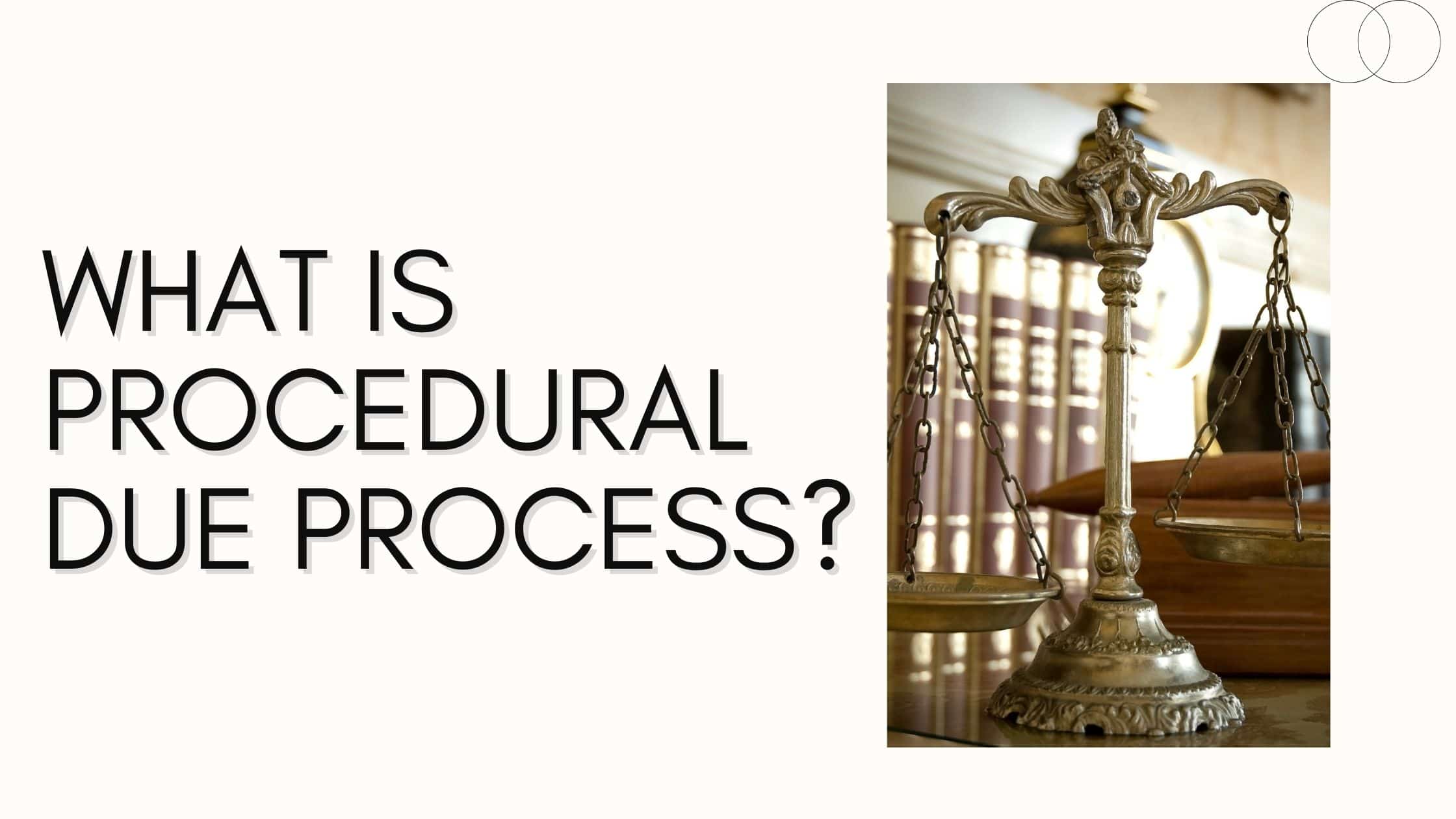Ensuring Fairness: The Essence of Due Process
3 min read

Ensuring Fairness: The Essence of Due Process:
Due process stands as a cornerstone in the realm of justice, embodying the fundamental principle that individuals are entitled to fair treatment under the law. This exploration delves into the essence of due process, examining its historical origins, the key components that define it, and the critical role it plays in upholding the principles of justice.
Historical Origins of Due Process: A Journey through Legal History:
The concept of due process has deep roots in legal history, evolving over centuries to become a fundamental tenet of modern legal systems. Its origins can be traced back to the Magna Carta in 1215, where the principle of “lawful judgment of peers” laid the groundwork for the idea that individuals should not be deprived of life, liberty, or property without a fair legal process.
Foundations of Due Process: Procedural and Substantive Components:
Due process consists of both procedural and substantive components. Procedural due process ensures that individuals receive fair treatment in legal proceedings, with notice, an opportunity to be heard, and a neutral decision-maker. Substantive due process, on the other hand, focuses on the content and fairness of the laws themselves, preventing arbitrary or unjust government actions.
Constitutional Protections: Due Process in the U.S. Constitution:
In the United States, due process is enshrined in the Fifth and Fourteenth Amendments of the Constitution. The Fifth Amendment guarantees due process at the federal level, while the Fourteenth Amendment extends these protections to state actions. These constitutional provisions serve as a bulwark against government overreach and safeguard individual rights.
Notice and Opportunity to Be Heard: Procedural Fairness in Action:
Central to procedural due process is the principle of providing individuals with notice of the charges against them and an opportunity to be heard. This ensures that individuals are aware of the legal proceedings affecting them and have a meaningful chance to present their case before a fair and impartial decision-maker.
Impartial Decision-Maker: The Pillar of Judicial Neutrality:
A crucial element of due process is the requirement for an impartial decision-maker. Whether it be a judge, jury, or administrative body, neutrality is essential to prevent bias and ensure a fair and unbiased resolution. The concept of an impartial decision-maker is integral to fostering public confidence in the justice system.
Substantive Due Process: Assessing the Fairness of Laws:
While procedural due process focuses on the fairness of legal procedures, substantive due process delves into the content of laws themselves. It ensures that laws are clear, reasonable, and not arbitrary, safeguarding individuals from oppressive or discriminatory legislation. This dual protection reinforces the principle of fairness at both the procedural and substantive levels.
Challenges and Controversies: Striking a Balance:
Despite its importance, due process is not without challenges and controversies. Striking the right balance between protecting individual rights and allowing for effective law enforcement can be complex. Debates often arise over the scope of due process protections and the permissible limits on government actions in the interest of public safety.
Global Perspectives: Due Process in International Law:
The principles of due process extend beyond national borders and find expression in international law. Various international human rights treaties recognize the right to a fair trial and due process protections. These global standards underscore the universality of the principle and the importance of ensuring justice on a global scale.
Explore Due Process Further:
For those eager to delve deeper into the concept of due process, Due Process offers a comprehensive resource. This repository provides valuable insights into the historical evolution, legal foundations, and contemporary challenges surrounding due process. Explore the essence of due process and its pivotal role in safeguarding fairness and justice within legal systems.





